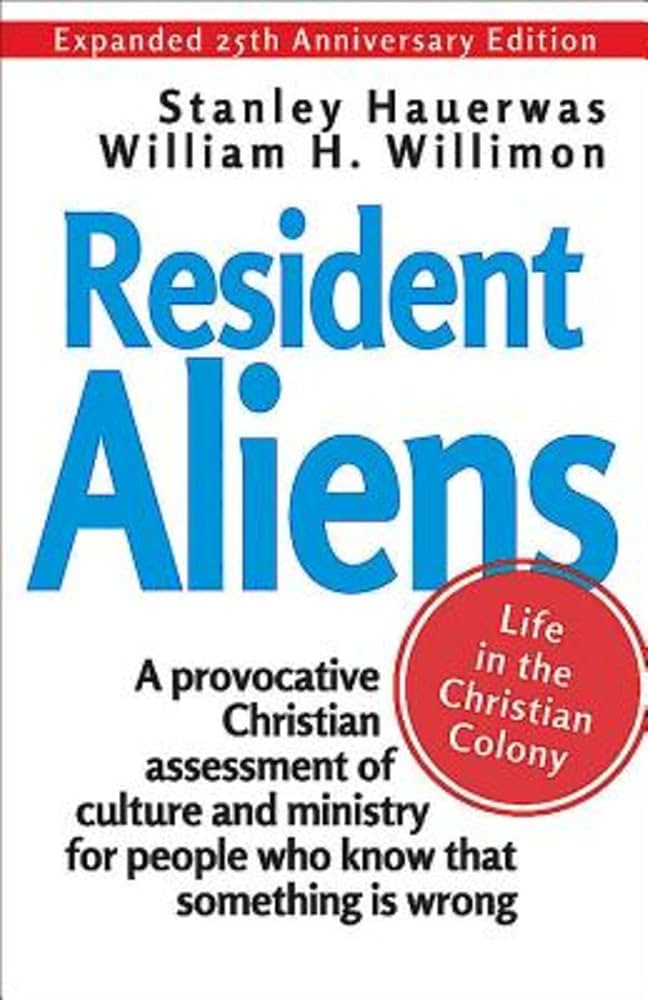Stanley Hauerwas
SCHOLARSPACIFISTS


Stanley Hauerwas, longtime professor of Christian Ethics at Duke University, argues that the church's primary political task is not to influence the state or "make the world a better place," but simply to be the church. Building on the work of John Howard Yoder, Hauerwas's political theology is a profound critique of liberal democracy, which he contends privatizes Christian convictions and renders them socially irrelevant. He posits that the church is itself a polis, an alternative political community with its own distinct story, language, and practices.
For Hauerwas, the church does not have a social ethic; it is a social ethic. Its politics are embodied in its communal life—through worship, sacraments, and the reading of Scripture. These practices form a "community of character," shaping Christians into virtuous people whose lives are a witness to the world. This witness is fundamentally pacifist, as the church is called to embody the peace of Christ in a violent world. The church's role is not to offer policy solutions to the nation-state but to be a "contrast society" that demonstrates a different way of life, one governed by the narrative of Israel and Jesus rather than by the principles of liberal individualism.
Ultimately, Hauerwas believes the most political act for Christians is faithful participation in a community that resists the allure of worldly power and lives out the radical demands of the gospel. This ecclesial identity is the true source of Christian social and political engagement, offering a vision of peace that the nations cannot achieve on their own.
Primary Sources:
The Peaceable Kingdom: A Primer in Christian Ethics (1983): A foundational text outlining his approach to Christian ethics, virtue, and narrative.
Resident Aliens: Life in the Christian Colony (with William H. Willimon, 1989): A highly influential and accessible work arguing for the church as a distinct culture.
A Community of Character: Toward a Constructive Christian Social Ethic (1981): An early, seminal work detailing his vision of the church as a character-forming community.
After Christendom? How the Church Is to Behave If Freedom, Justice, and a Christian Nation Are Bad Ideas (1991): Explores the church's identity in a post-Constantinian world.
Against the Nations: War and Survival in a Liberal Society (1985): A collection of essays on war, peace, and the nation-state.
War and the American Difference: Theological Reflections on Violence and National Identity (2011): Analyzes the relationship between American identity and the practice of war.
Performing the Faith: Bonhoeffer and the Practice of Nonviolence (2004): Engages with Dietrich Bonhoeffer on the nature of Christian witness and resistance.